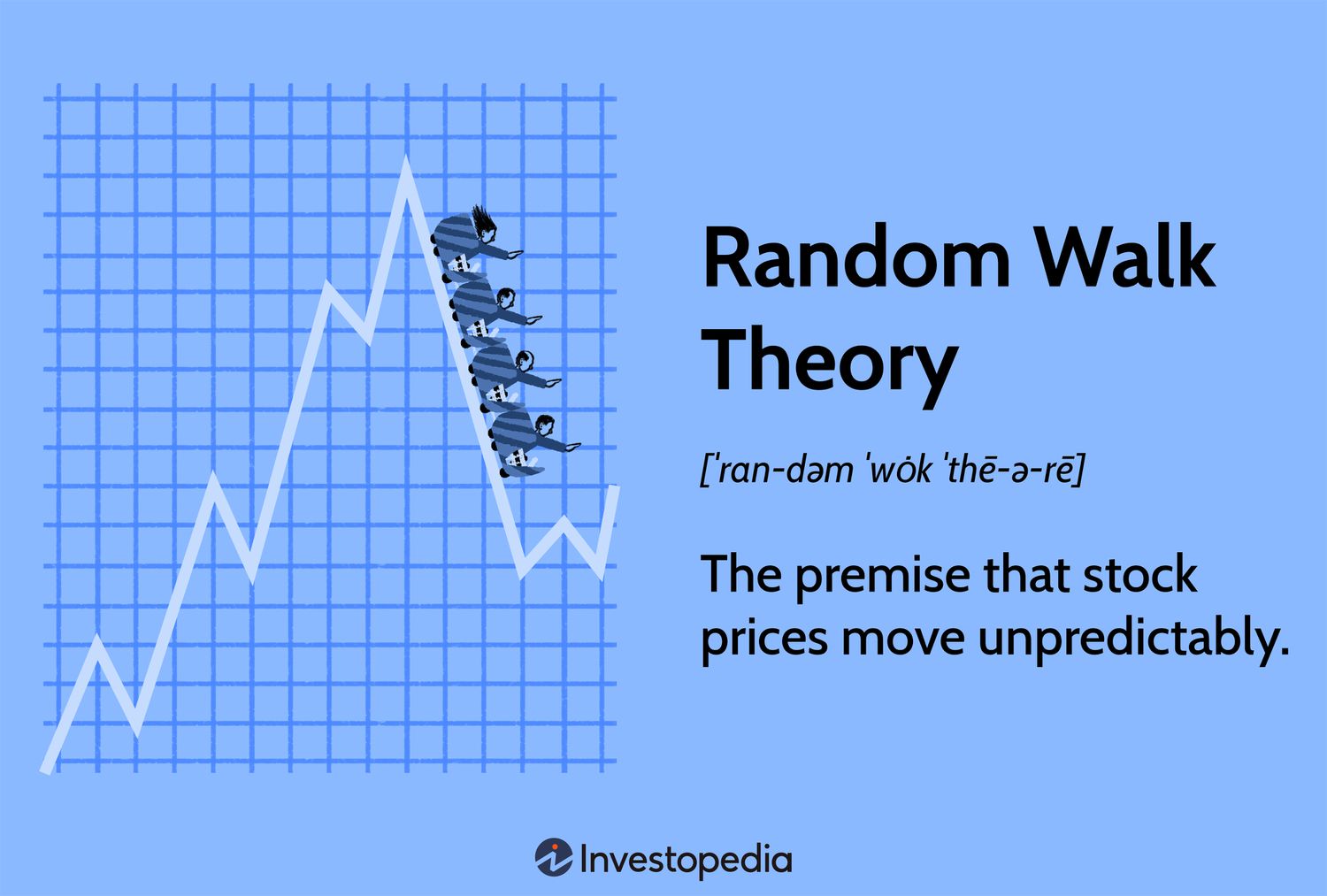Efficient Markets Hypothesis (EMH) is a theory in finance that suggests that financial markets are efficient and that the prices of securities reflect all available information. The EMH has been a subject of debate among economists and investors, with supporters arguing that it accurately describes the behavior of financial markets, while critics say it oversimplifies the complexities of the market.
The Three Forms of Efficient Markets Hypothesis
The EMH is divided into three different forms, each with its own implications for the behavior of financial markets. These forms are:
- Weak Form: The weak form of the EMH argues that all publicly available historical market information is already incorporated into asset prices. In other words, it suggests that it is not possible to forecast future price movements based on past prices or trading volume alone. This means that technical analysis, which relies on historical trends and patterns, would not be effective in consistently outperforming the market.
- Semi-Strong Form: The semi-strong form of the EMH goes a step further by suggesting that all publicly available information, including not only historical data but also financial statements, news events, and market rumors, is already reflected in security prices. According to this form of the EMH, fundamental analysis, which involves evaluating the financial health and prospects of a company, would not consistently lead to above-average returns.
- Strong Form: The strong form of the EMH is the most extreme version, stating that all information, whether it is public or private, is already incorporated into prices. This means that even insider information, which is non-public and potentially gives an unfair advantage to certain individuals, would not consistently result in profitable trading opportunities. The strong form is the most contested and least widely accepted version of the EMH.
Implications and Criticisms
Proponents of the EMH argue that it has several important implications. First, if markets are truly efficient, it implies that active stock picking or market timing strategies are unlikely to consistently outperform a passive index strategy over the long term. Second, it suggests that investors would be better off focusing on broad diversification of their portfolios rather than trying to identify mispriced securities. Finally, it implies that attempts to beat the market by trading on insider information, rumors, or technical patterns are likely to be futile.
However, the EMH is not without its critics. One major criticism is that it assumes all market participants are rational and that all relevant information is readily available to everyone. This may not always be the case, as behavioral biases and information asymmetry can lead to market inefficiencies. Another criticism is that the EMH does not account for extreme market events or bubbles, where asset prices deviate significantly from their fundamental values.
Conclusion
The Efficient Markets Hypothesis is a theory that suggests financial markets are efficient, meaning that asset prices reflect all available information. It is divided into weak, semi-strong, and strong forms, each with different implications for market behavior. While proponents argue that the EMH provides important insights into investing, it is not without its critics. As with any theory, it is important to consider both sides of the argument and remain aware of potential limitations.
